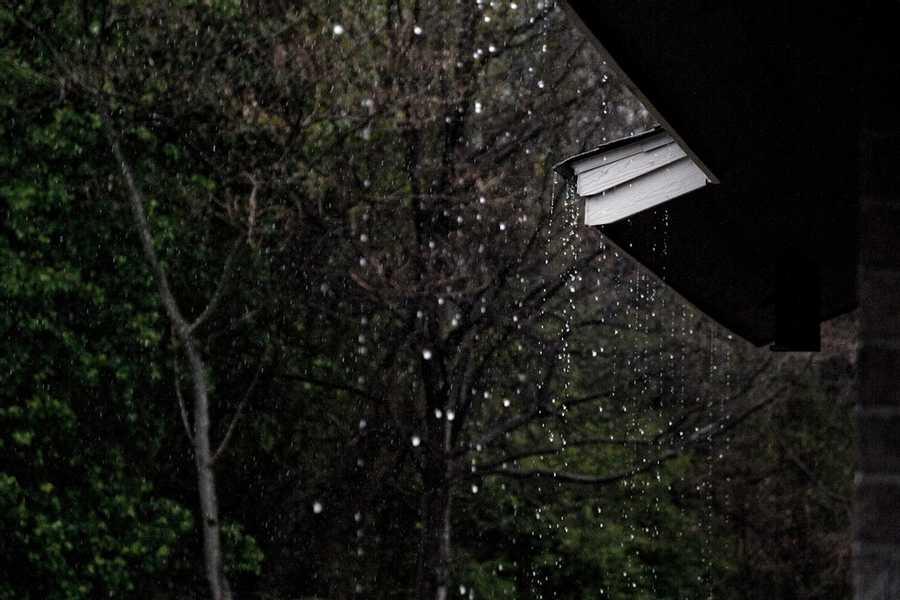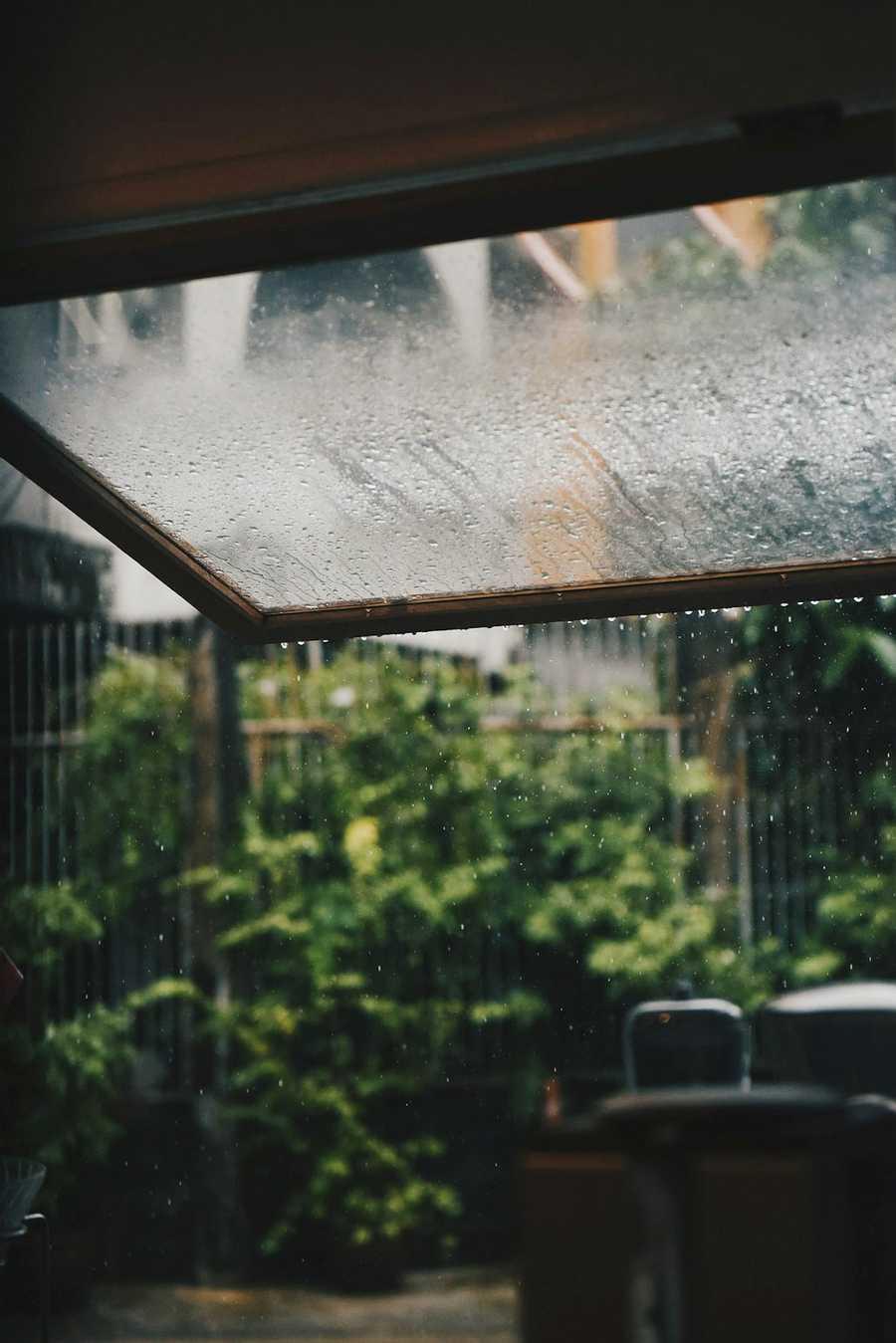Explore the World's Best Ideas
Join today and uncover 100+ curated journeys from 50+ topics. Unlock access to our mobile app with extensive features.
What Is All About The Smell Of Rain
So as you know rain has a distinct smell much like a pleasent and relaxing one so today we are gonna learn and know all about it.
So let's start
So That pleasant, earthy scent unleashed by a downpour has a name, and it's the result of a reaction between the soil and the rain
And the smell of rain is actually called petrichor
14
160 reads
What Is Petrichor And Where Does It Come From
Petrichor (/ˈpɛtrɪkɔːr/) is the earthy scent produced when rain falls on dry soil. The word is constructed from Greek petra (πέτρα), "rock", or petros (πέτρος), "stone", and īchōr (ἰχώρ), the fluid that flows in the veins of the gods in Greek mythology.
Petrichor is the term coined by Australian scientists in 1964 to describe the unique, earthy smell associated with rain. It is caused by the water from the rain, along with certain compounds like ozone, geosmin, and plant oils
12
154 reads
How Does It Form
So plants and mud have a smell just like your ice-cream so when the water droplet touches the mud and makes it wet
When lightning strikes,diatomic molecules of oxygen and nitrogen (containing 2atoms) are split, and rearrange to create nitric oxide (NO)and ozone, or O3. Ozonemolecules are carried down by droplets of rain to contribute to the scent.
It is also helped by
Actinomycetes, a type of bacteria found in soil, secrete a compound called geosmin , which is released from soil into the air by raindrops. Geosmin in the air can be detected by the human nose at less than 5 parts per trillion
12
125 reads
How Does It Form Pt2
And also
During dry weather, plants produce compounds that accumulate in between rocks and in soil. When it rains, these compounds are released into the air to add to the earthy smell of petrichor
It also used the help of
Stearic acid and palmitic acid they are common plant oils. They are fatty acids with a long hydrocarbon chains with a carboxyl group on one end and a methyl group on the other.
Palmitic Acid (C16H32O2) Stearic Acid (C18H36O2)
12
112 reads
Extra/Fun Thing To Know
In 2015, scientists from the Massachusetts Institute of Technology (MIT) used high-speed cameras to record how the scent moves into the air. The tests involved approximately 600 experiments on 28 different surfaces, including engineered materials and soil samples. When a raindrop lands on a porous surface, air from the pores forms small bubbles, which float to the surface and release aerosols. Such aerosols carry the scent, as well as bacteria and viruses from the soil.
12
104 reads
End/Continuation
Raindrops that move at a slower rate tend to produce more aerosols; this serves as an explanation for why the petrichor is more common after light rains. Actinomycetes is the bacterium responsible for producing spores in soil.
12
109 reads
Conclusion
So in conclusion we got to learn a lot about the smell of rain or petrichor so I hope you enjoy the lesson and I will meet you again later
11
100 reads
IDEAS CURATED BY
CURATOR'S NOTE
I have always wonder what the smell of rain is all about and I got to learn it and I was fascinated to I thought I should share it to you guys too
“
Similar ideas
Read & Learn
20x Faster
without
deepstash
with
deepstash
with
deepstash
Personalized microlearning
—
100+ Learning Journeys
—
Access to 200,000+ ideas
—
Access to the mobile app
—
Unlimited idea saving
—
—
Unlimited history
—
—
Unlimited listening to ideas
—
—
Downloading & offline access
—
—
Supercharge your mind with one idea per day
Enter your email and spend 1 minute every day to learn something new.
I agree to receive email updates


